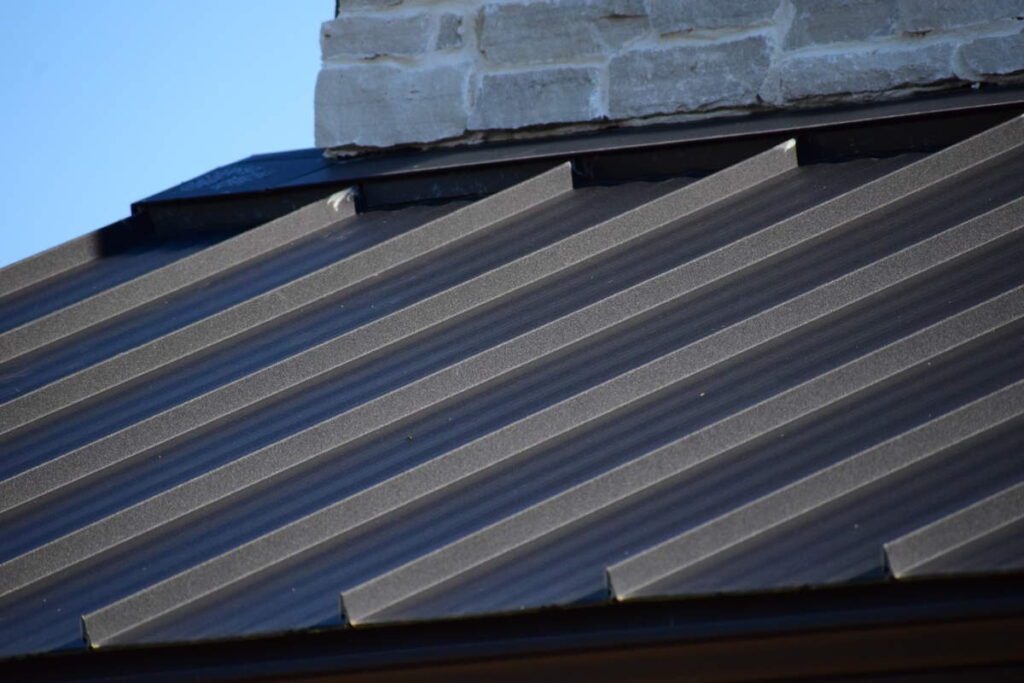If you’re considering installing a metal roof, you might be wondering about its impact on your cell service. Imagine never having to worry about dropped calls or slow internet speeds while you’re at home. In this article, we’ll explore whether or not a metal roof affects cell service and provide you with all the information you need to make an informed decision. So, let’s dive into the world of metal roofs and cell service to find out if you can have both a beautiful roof and reliable cell reception.
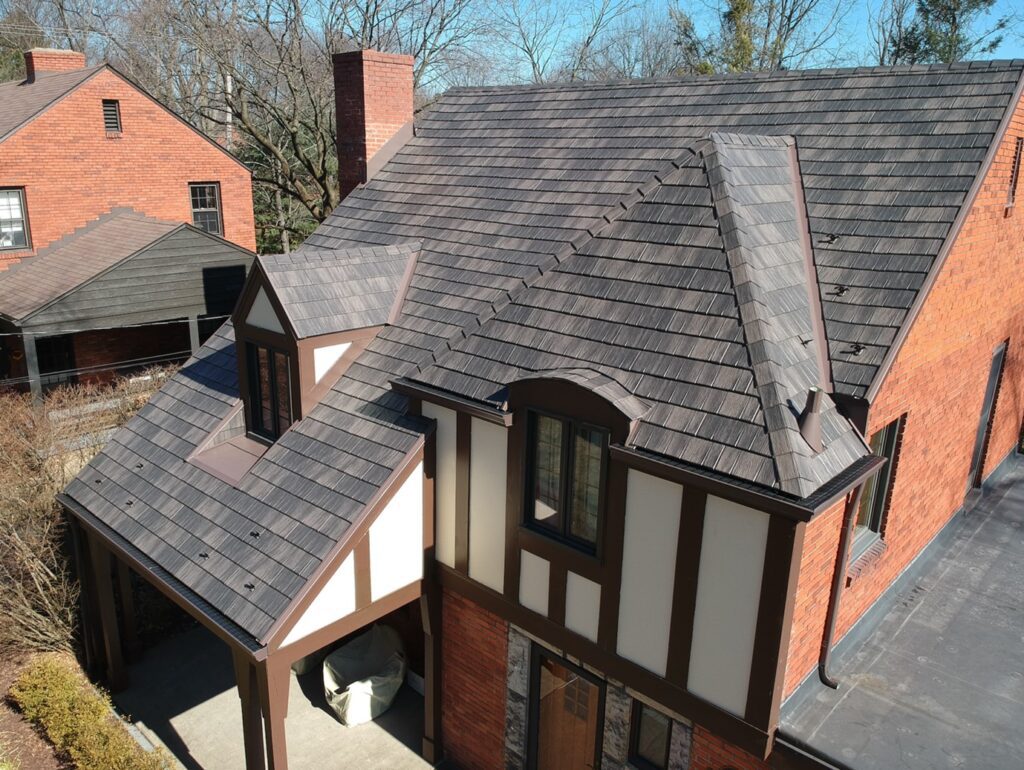
Factors that can affect cell service
There are several factors that can have an impact on cell service, and understanding them can help you ensure a reliable connection. One such factor is the type of roof you have on your home or building. Metal roofs, in particular, have the potential to affect cell service due to their construction and the materials used. In this article, we will explore how metal roofs can influence cell service, the different types of metal roofs available, common misconceptions, and ways to improve cell service in buildings with metal roofs.
How does a metal roof affect cell service?
Metal roofs can present challenges in maintaining a strong cell signal. One reason for this is that metal acts as a barrier to cell signals, preventing them from easily passing through. When a cell signal encounters a metal roof, it experiences reflection and absorption, which can cause a reduction in signal strength. Additionally, electrical equipment commonly found in buildings with metal roofs, such as HVAC systems or electrical wiring, can introduce interference that further impacts cell service.
Different types of metal roofs
There are various types of metal roofs commonly used in residential and commercial buildings. Steel roofs are a popular choice due to their durability and affordability. Aluminum roofs, on the other hand, are lightweight and resistant to corrosion, making them ideal for coastal areas. Copper roofs are known for their longevity and distinctive appearance. Each type of metal roof can have its own unique impact on cell service, so it’s important to understand the specific characteristics of the roof you have.
Common misconceptions about metal roofs and cell service
There are several misconceptions surrounding metal roofs and their effects on cell service. One common misconception is that metal roofs completely block all cell signals. While metal does hinder the transmission of signals, it does not necessarily lead to complete signal loss. Another misconception is that metal roofs always weaken signal strength. While signal strength can be reduced when a signal encounters a metal roof, the impact can vary depending on various factors. Lastly, the belief that metal roofs cause complete signal loss is also unfounded. With the right strategies, it is possible to achieve reliable cell service even with a metal roof.
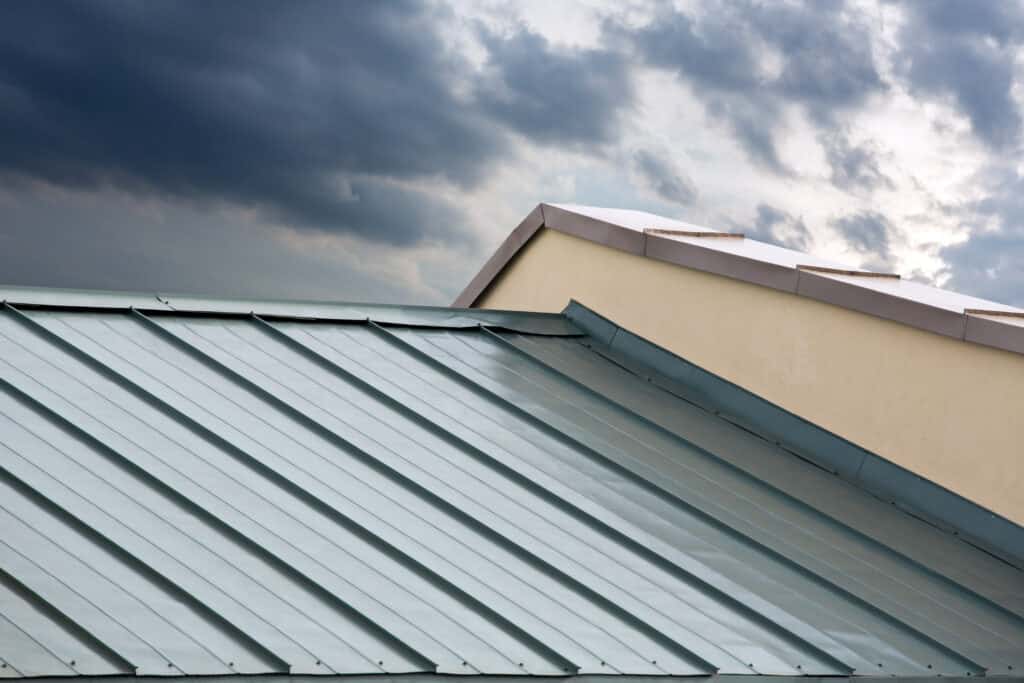
Factors impacting cell signal strength
In addition to the presence of a metal roof, other factors can impact cell signal strength. One crucial factor is the proximity to cell towers. The closer you are to a cell tower, the stronger your signal is likely to be. Conversely, if you are located far away from a tower, your signal may be weaker. Another factor to consider is obstructions between the cell tower and your device. Physical obstructions like buildings, trees, or hills can reduce the strength of the signal reaching your device. Lastly, the materials used in the construction of your building, including the roof, can affect signal strength.
Ways to improve cell service with a metal roof
If you’re experiencing poor cell service due to your metal roof, there are several steps you can take to improve it. One option is to use a signal booster or amplifier. These devices capture the weak cell signal and enhance it before transmitting it to your devices. Another approach is to optimize the placement of cell antennas. By strategically positioning antennas on your roof or near windows, you can improve the reception of cell signals. Lastly, consider adjusting the positioning of your devices, such as placing your smartphone near a window or at a higher elevation to maximize signal strength.
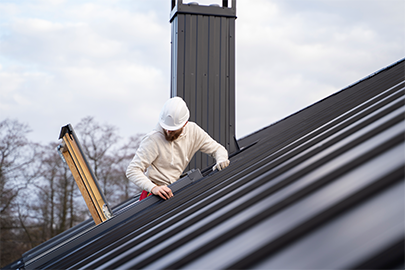
Tips for installing a metal roof without affecting cell service
If you are planning to install a metal roof and want to ensure that it doesn’t negatively impact your cell service, there are a few tips to keep in mind. Firstly, consider installing a cell signal booster prior to the roof installation. This way, you can address any potential signal issues from the outset. Alternatively, you may want to explore the option of using a plastic or composite roof material that has less impact on cell signals. Lastly, ensure that any electrical equipment related to your metal roof is properly grounded to minimize interference.
Technology advancements in metal roofing
Advancements in metal roofing technology have aimed to mitigate the potential impact on cell service. Some metal roofs now incorporate signal-boosting materials or coatings that help improve signal reception. These innovative solutions aim to strike a balance between the durability and aesthetic appeal of a metal roof while minimizing signal interference. Additionally, smart metal roof systems are being developed that can actively monitor and optimize the cell signal within a building, ensuring a reliable connection.
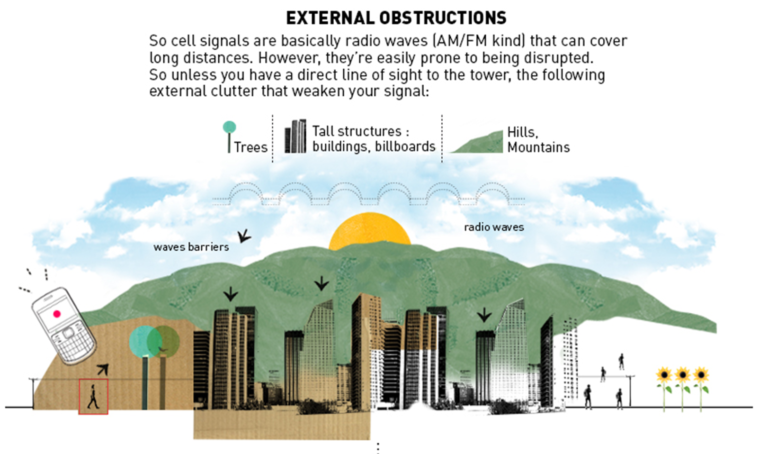
Other factors to consider for cell service
While the type of roof you have is an important factor, there are other considerations that can impact your overall cell service experience. One crucial aspect is carrier coverage and network strength. Different carriers have varying levels of coverage in different areas, so it’s essential to choose a carrier with good coverage in your location. Additionally, the signal strength of your mobile devices can also play a role. Older or low-quality devices may struggle to maintain a strong signal even in optimal conditions. Lastly, the materials and construction of your building, aside from the roof, can impact cell service. Thick walls, concrete structures, or other materials that impede signal penetration can affect your connectivity.
Conclusion
While metal roofs can potentially affect cell service, there are strategies to mitigate any negative impact and achieve reliable connectivity. Understanding how metal roofs interact with cell signals, exploring different types of metal roofs, dispelling misconceptions, and considering factors that impact signal strength are essential for maintaining a strong cell service connection. By implementing techniques such as using signal boosters, optimizing antenna placement, and strategically positioning your devices, you can ensure that your metal roof doesn’t hinder your cell service. Furthermore, technological advancements in metal roofing continue to provide innovative solutions to minimize signal interference and create a seamless integration between a durable metal roof and reliable cell service.
